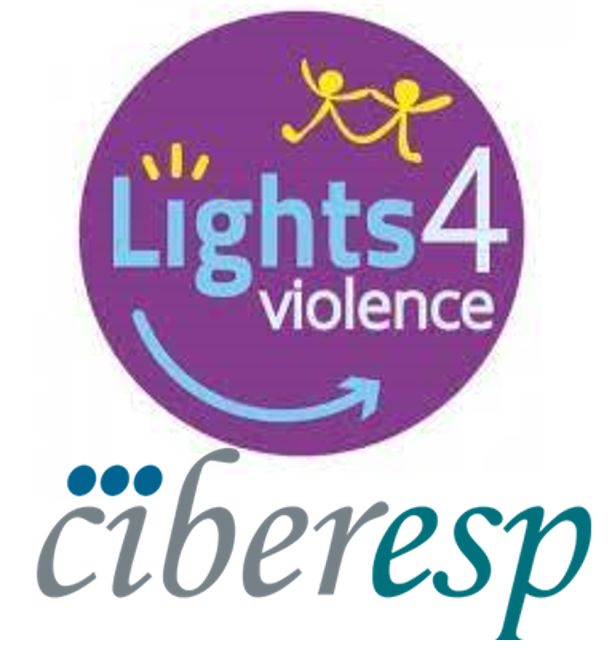Authorship: Pérez-Martínez, Vanesa | Sanz-Barbero, Belen | Ferrer-Cascales, Rosario | Bowes, Nicola | Ayala, Alba | Sanchez-SanSegundo, Miriam | Albaladejo-Blázquez, Natalia | Rosati, Nicoletta | Neves, Sofia | Vieira, Cristina Pereira | Jankowiak, Barbara | Jaskulska, Sylwia | Waszyńska, Katarzyna | Vives-Cases, Carmen
Background: Machismo and acceptance of violence (AV) against women are part of the social construction of hegemonic masculinity and are related to the risk of dating violence. This study aims to analyze the effectiveness of the Lights4Violence program in reducing machismo and AV in secondary school students from different European cities. Methods: Quasi-experimental longitudinal study using a convenience sample of 1,146 high school students from different European cities (12–17 years old) including 575 intervention group students (59.1% girls) and 571 control group students (62.7% girls). We performed linear regression models to identify the effect of the intervention, modelling the difference in means in machismo and AV (dependent variables) between wave-2 and wave-1. Results: An interaction was identified between the group variable and the empathy variable. In wave-2, girls with high empathy at baseline in the intervention group obtained lower mean AV scores (β: -0.131; p = 0.004). However, the boys in the intervention group (reference: control group) with low empathy at baseline registered a significant increase in the mean values of machismo (β: 0.247; p
